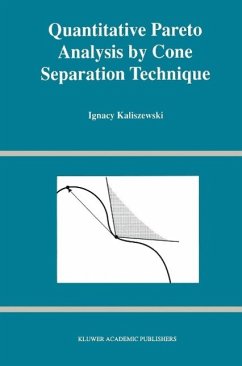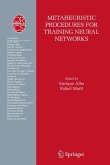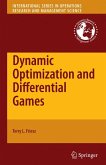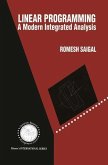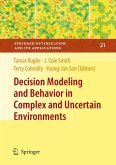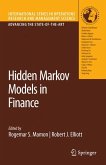This work results from my interest in the field of vector optimiza tion. I stumbled first upon this subject in 1982 during my six months visit to the Istituto di Elaborazione della Informazione in Pisa, Italy, supported by a fellowship of the (Italian) Consiglio Nationale delle Richerche. I was attracted then by a gap between vector optimiza tion used to serve as a formal model for multiple objective decision problems and the decision problems themselves, the gap nonexis tent in scalar optimization. Roughly speaking, vector optimization provides methods for ranking decisions according to a partial order whereas decision making requires a linear ordering of decisions. The book deals with vector optimization. However, vector opti mization is considered here not only as a topic of research in itself but also as a basic tool for decision making. In consequence, all results presented here are aimed at exploiting and understanding the structure of elements (decisions) framed by a vector optimiza tion problem with the underlying assumption that the results should be interpretable in terms and applicable in the context of decision making. Computational tractability of results is therefore of special concern throughout this book. A unified framework for presentation is offered by the Cone Sep aration Technique (CST) founded on the notion of cone separation.
Dieser Download kann aus rechtlichen Gründen nur mit Rechnungsadresse in A, B, BG, CY, CZ, D, DK, EW, E, FIN, F, GR, HR, H, IRL, I, LT, L, LR, M, NL, PL, P, R, S, SLO, SK ausgeliefert werden.
Hinweis: Dieser Artikel kann nur an eine deutsche Lieferadresse ausgeliefert werden.

